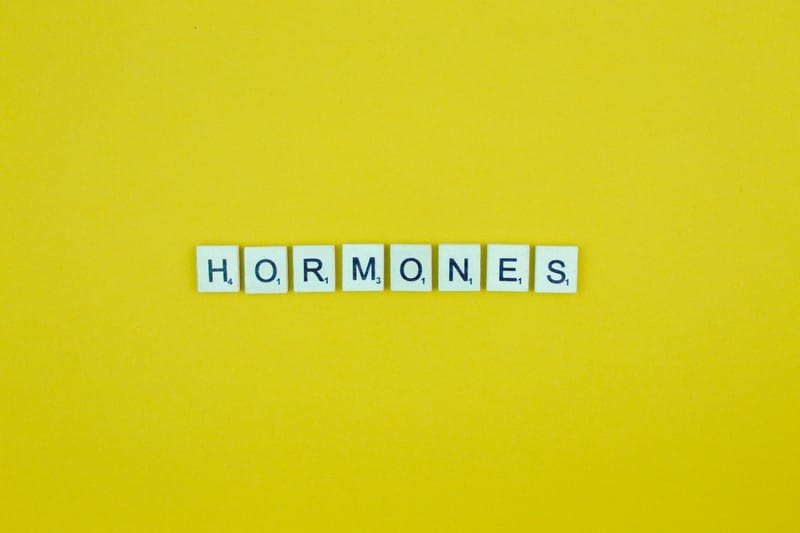Hormonal Imbalance

Hormonal imbalances, like progesterone and estrogen fluctuation, can trigger cystic acne. Hormonal imbalance occurs when the body has too much or too few hormones. Hormones are chemical messengers in the body and are responsible for growth, reproduction, metabolism, and mood. Hormones are one of the most potent substances in the body, as overproduction or underproduction may lead to several health conditions.
Women are more prone to hormonal imbalances than men. Changes in hormone levels (like pregnancy, menstruation, or birth control) are the primary triggers for imbalances among women. Meanwhile, men going through testosterone treatment are more prone to hormonal fluctuations. Medication side effects and other diseases, such as metabolic conditions, can cause hormonal imbalance.
Unexplained weight loss or weight gain, tiredness, muscle weakness, depression, and fatigue are some of the symptoms related to the condition. Breakout is another indication that the body is undergoing hormonal fluctuations. Dermatologists may prescribe medications to stabilize hormones and better manage the disease caused by imbalances.










